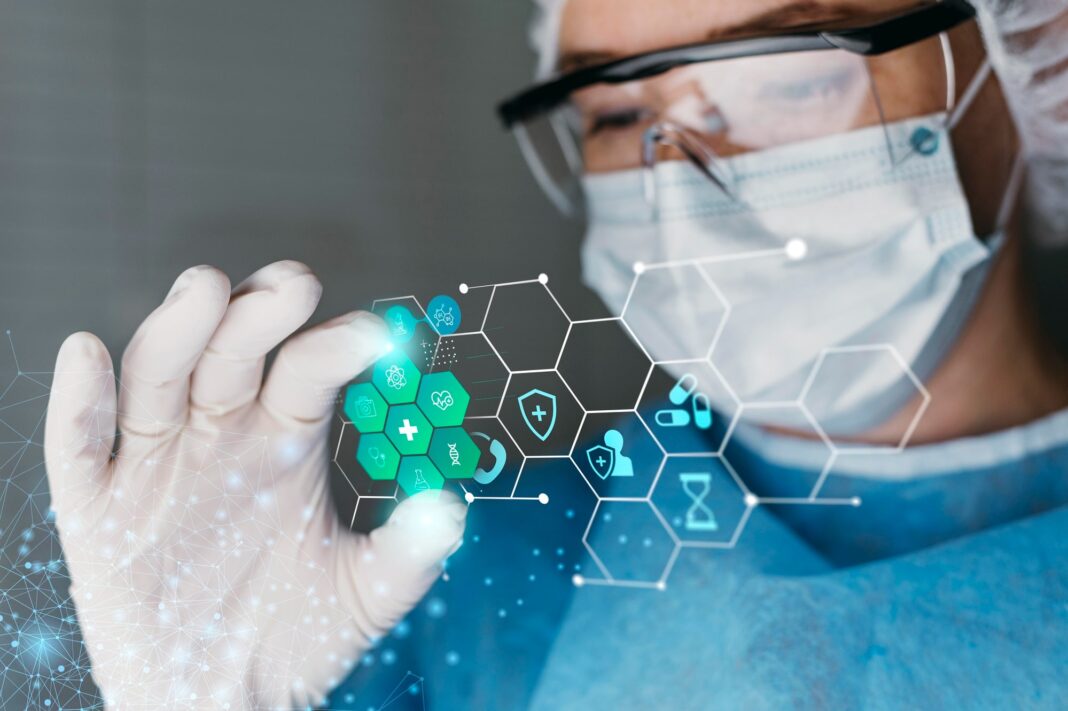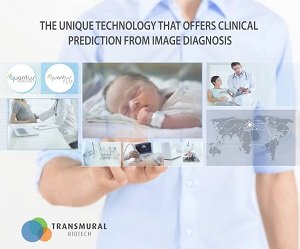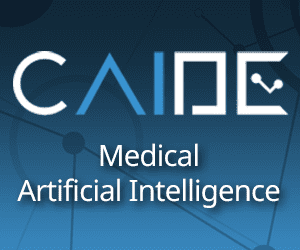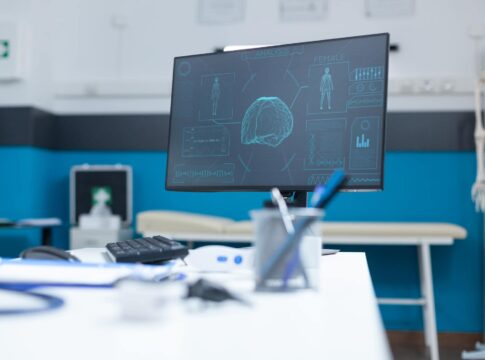The future of medical technology holds great potential for transforming healthcare delivery and improving patient outcomes. Advancements in various fields, including robotics, artificial intelligence (AI), genomics, telemedicine, and nanotechnology, are revolutionizing the way healthcare is practiced. Here are some key areas where we can expect significant transformations:
- Precision Medicine: Advances in genomics, molecular diagnostics, and personalized therapies are paving the way for precision medicine. The ability to analyze an individual’s genetic makeup and tailor treatments based on their specific genetic profile will lead to more targeted and effective interventions, improving patient outcomes and reducing healthcare costs.
- AI and Machine Learning: AI and machine learning algorithms are being applied to analyze vast amounts of medical data, including patient records, imaging scans, and research literature. These technologies have the potential to improve diagnostic accuracy, assist in treatment planning, and optimize patient management by providing valuable insights and decision support to healthcare professionals.
- Robotics and Minimally Invasive Procedures: Robotics is playing an increasingly important role in surgery and other medical procedures. Robotic-assisted surgeries allow for greater precision, dexterity, and control, resulting in shorter recovery times, reduced complications, and improved patient outcomes. Additionally, robotic devices can be used for tasks such as patient monitoring, medication delivery, and rehabilitation.
- Telemedicine and Remote Monitoring: Telemedicine is expanding access to healthcare by enabling remote consultations, monitoring, and follow-up care. Advancements in telecommunication technologies, wearable sensors, and remote monitoring devices allow patients to receive care from the comfort of their homes, reducing the need for hospital visits and improving patient convenience, particularly for those in rural or underserved areas.
- Digital Health and Mobile Applications: Mobile applications and digital health platforms are empowering individuals to take charge of their health and well-being. These technologies allow for remote patient monitoring, medication adherence tracking, personalized health coaching, and access to health information and resources. They facilitate preventive care, chronic disease management, and health promotion, ultimately leading to better population health outcomes.
- Nanotechnology and Drug Delivery: Nanotechnology holds promise for targeted drug delivery, enabling medications to be delivered directly to specific cells or tissues. This approach can improve the efficacy and reduce the side effects of medications. Nanosensors and nanoparticles can also be used for diagnostics, imaging, and monitoring of diseases, leading to earlier detection and more precise treatment interventions.
- 3D Printing in Healthcare: 3D printing technology is transforming various aspects of healthcare, including prosthetics, implants, anatomical models, and personalized medical devices. By enabling custom manufacturing and patient-specific solutions, 3D printing improves treatment outcomes, reduces costs, and enhances patient satisfaction.
- Virtual Reality and Simulation: Virtual reality (VR) and simulation technologies have applications in medical training, surgical planning, and patient rehabilitation. VR simulations allow healthcare professionals to practice procedures in a realistic and safe virtual environment. VR can also be used for pain management, mental health interventions, and patient education.
- Health Data Interoperability and Integration: The future of medical technology relies on seamless integration and interoperability of health data systems. Efforts are being made to standardize health data formats, improve data exchange capabilities, and enable secure sharing of information across different healthcare settings. This will facilitate better care coordination, reduce errors, and support evidence-based decision-making.
- Ethics, Privacy, and Security: As medical technology evolves, ensuring ethical use, privacy, and security of patient data becomes paramount. Regulatory frameworks and guidelines are being developed to safeguard patient privacy, ensure data security, and address ethical concerns related to AI, genomics, and other emerging technologies in healthcare.
The future of medical technology holds tremendous potential to transform healthcare delivery by enabling personalized, efficient, and patient-centered care. These advancements will not only improve patient outcomes but also








